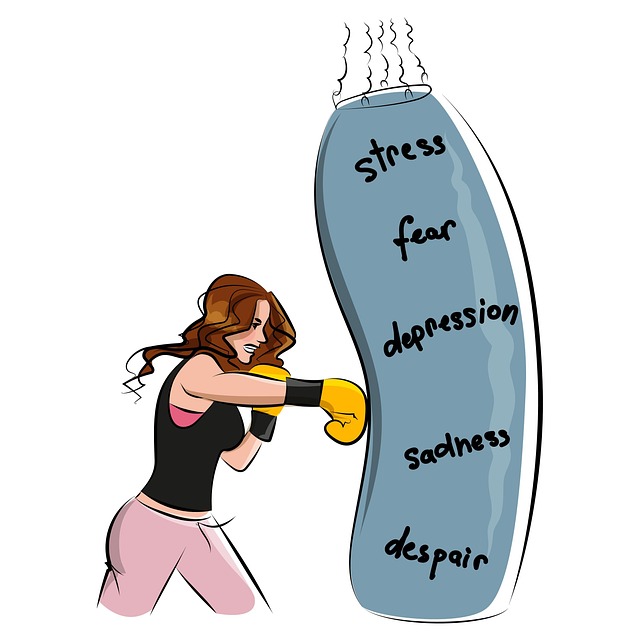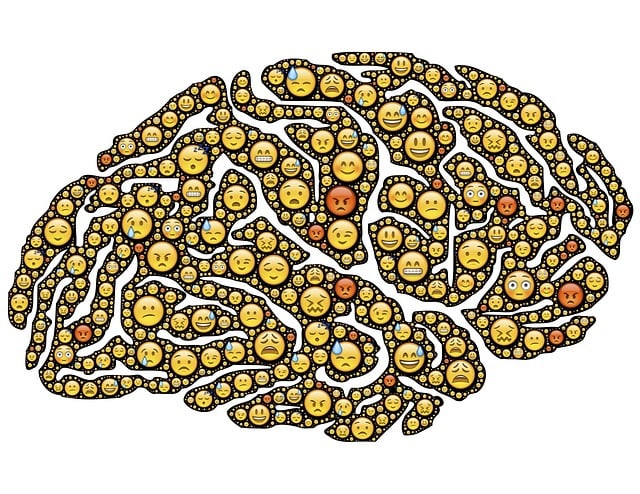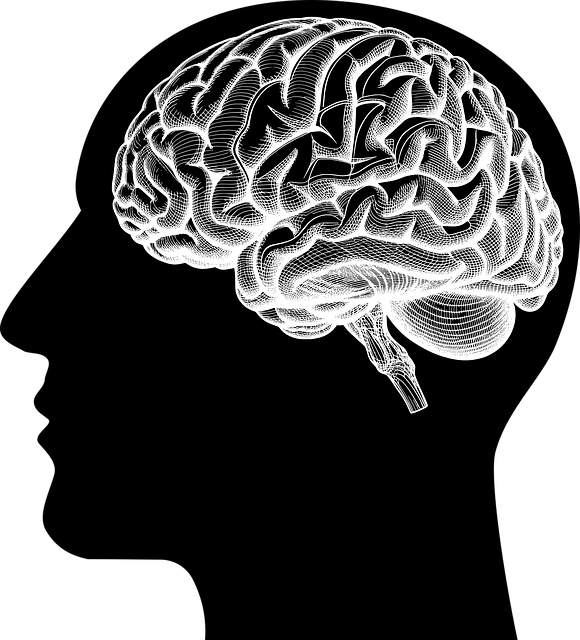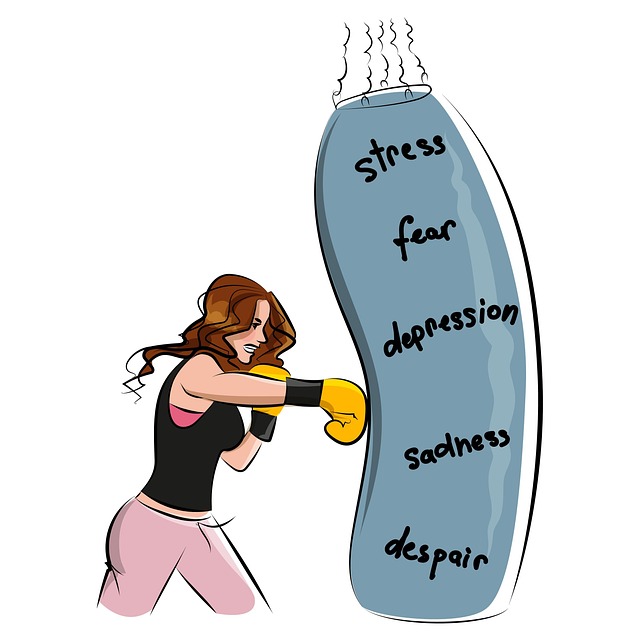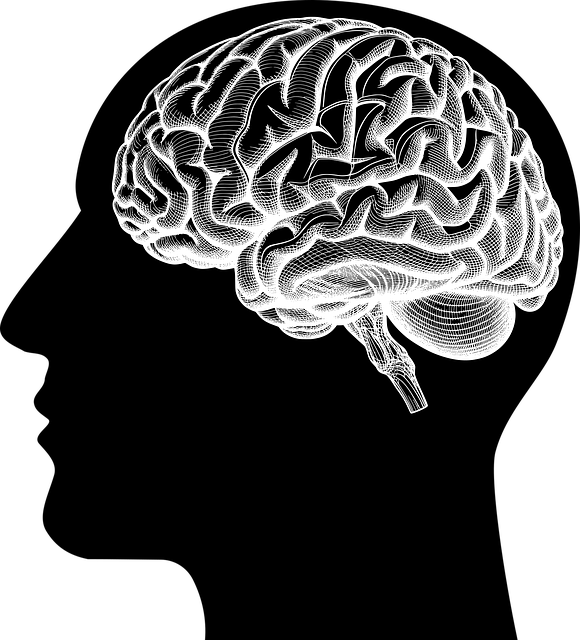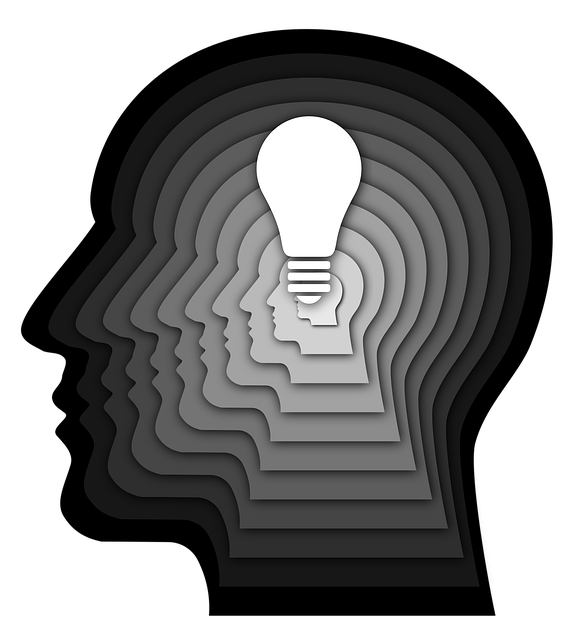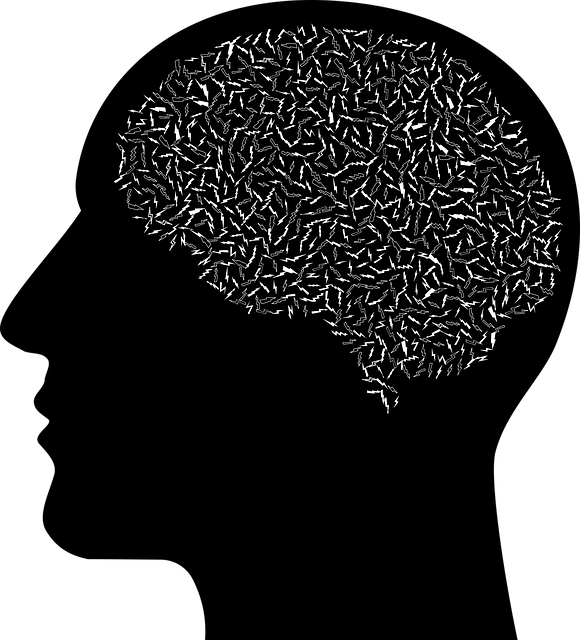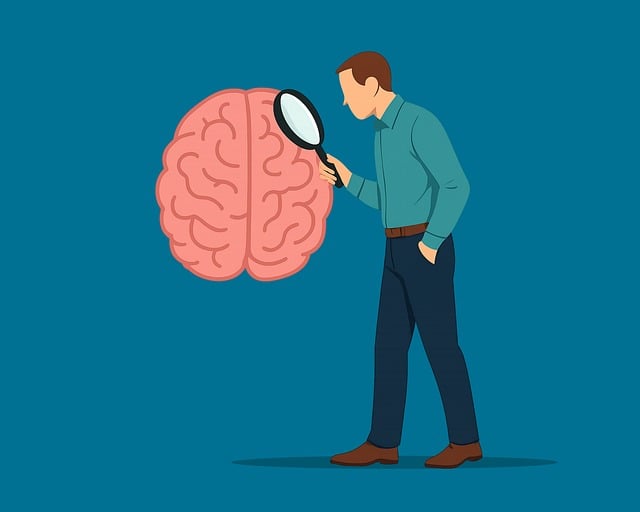Mental wellness apps, like Lafayette Chronic Pain Therapy (LCPT), offer personalized digital solutions for managing stress, anxiety, depression, and chronic pain. LCPT goes beyond traditional methods by focusing on self-esteem and emotional intelligence through tailored interventions and patient engagement strategies. Key features include mindfulness exercises, meditation, mood tracking, and expert support via live chats or video calls. Future developments aim to enhance cultural sensitivity and inclusivity in mental wellness app design.
Mental wellness apps are transforming lives, offering accessible support for users’ emotional well-being. From mindfulness exercises to cognitive behavioral therapy, these applications cater to diverse mental health needs. This article delves into the evolving landscape of mental wellness app development, highlighting their role in managing conditions like chronic pain. Using Lafayette Chronic Pain Therapy as a case study, we explore targeted app design strategies. Additionally, key features, best practices, and future prospects are discussed to guide developers in creating effective, user-centric mental health applications.
- Understanding Mental Wellness Apps: Their Role and Impact
- Lafayette Chronic Pain Therapy: A Case Study for Targeted App Development
- Key Features to Include in a Mental Health Application
- Designing User-Centric Mental Wellness Apps: Best Practices and Future Prospects
Understanding Mental Wellness Apps: Their Role and Impact

Mental wellness apps are digital tools designed to support and enhance emotional well-being. They play a pivotal role in promoting mental health awareness, offering accessible and often personalized solutions for various mental health challenges. These apps cater to a wide range of needs, from stress management and anxiety reduction to depression tracking and chronic pain therapy, such as what Lafayette Chronic Pain Therapy provides.
By integrating evidence-based practices, these applications supply users with techniques for emotional well-being promotion, including mindfulness exercises, cognitive behavioral therapy (CBT) strategies, and meditation practices. Through interactive features, they encourage consistent engagement, fostering better mental health habits over time. Mental wellness apps represent a significant step forward in democratizing access to mental health resources, ensuring that more individuals can actively manage their mental well-being from the comfort of their homes.
Lafayette Chronic Pain Therapy: A Case Study for Targeted App Development

Lafayette Chronic Pain Therapy (LCPT) serves as an excellent case study for targeted mental wellness app development. This innovative program has successfully addressed the unique challenges faced by individuals suffering from chronic pain, demonstrating the potential for digital solutions in healthcare. By focusing on tailored interventions, LCPT enhances self-esteem improvement and emotional intelligence, crucial aspects often overlooked in traditional chronic pain management.
The app’s design incorporates features to improve patient engagement and outcomes, mirroring the comprehensive approach of Healthcare Provider Cultural Competency Training. It offers personalized coping strategies, mindfulness exercises, and community support groups, all accessible on-the-go. This mobile-first strategy ensures that users can access resources promptly, fostering a sense of empowerment and self-management over their chronic pain conditions.
Key Features to Include in a Mental Health Application

When developing a mental health application like Lafayette Chronic Pain Therapy, user needs and preferences should guide key feature selections. Firstly, consider integrating mindfulness exercises and meditation sessions tailored to various conditions, offering users tools to manage stress and anxiety on-the-go. Incorporate features for tracking moods, thoughts, and activities to help individuals identify triggers and patterns, fostering self-awareness.
Additionally, include modules dedicated to teaching effective coping skills, providing resources for self-care routine development, and enabling users to connect with mental wellness experts or support groups through live chats or video calls. A Mental Wellness Podcast Series Production feature can enrich the app by offering engaging audio content on diverse mental health topics. These combined elements contribute to a comprehensive digital solution for enhancing and maintaining mental wellness, particularly relevant in addressing chronic pain and related psychological challenges.
Designing User-Centric Mental Wellness Apps: Best Practices and Future Prospects

Designing user-centric mental wellness apps requires a deep understanding of the diverse needs and preferences of individuals seeking support for various conditions, including Lafayette Chronic Pain Therapy. Best practices involve extensive user research to create intuitive interfaces that foster engagement and personalize experiences. Incorporating features like customizable meditation tracks, mood tracking tools, and accessible resources tailored to specific mental health challenges can significantly enhance app usability and effectiveness.
Looking ahead, the future of mental wellness apps holds promising prospects for addressing cultural sensitivity in mental healthcare practice, a critical aspect often overlooked. By integrating culturally responsive content and ensuring diverse representation in design, these apps can contribute to mental illness stigma reduction efforts. This holistic approach promises not only to improve user experiences but also to make mental wellness support more inclusive and accessible to all.
Mental wellness apps, as demonstrated by the innovative approach of Lafayette Chronic Pain Therapy, have the potential to significantly improve access to mental health support. By focusing on user-centric design and incorporating essential features tailored to individual needs, these applications can revolutionize self-care practices. As we look ahead, prioritizing privacy, personalization, and evidence-based interventions will be crucial for the success and acceptance of mental wellness apps in the digital age.
